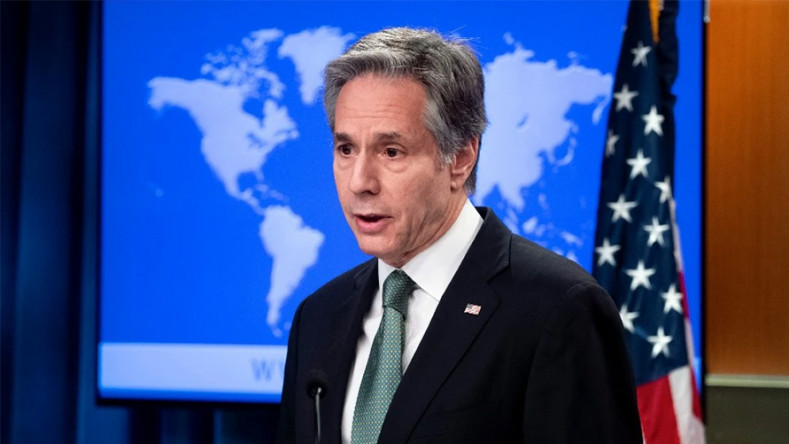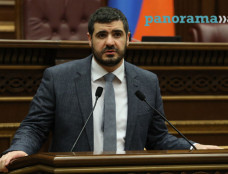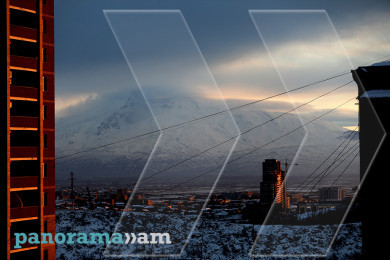
Blinken reportedly told G7 Iran could attack Israel in next 24 hours
U.S. Secretary of State Tony Blinken told his counterparts from the G7 countries on Sunday that an attack by Iran and Hezbollah against Israel could start as early as Monday, three sources briefed on the call tell Axios.
Blinken convened the conference call to coordinate with close U.S. allies and try to generate last-minute diplomatic pressure on Iran and Hezbollah to minimize their retaliation as much as possible. He stressed that limiting the impact of their strikes is the best chance to prevent all-out war.
Iran and its Lebanese ally Hezbollah have vowed to respond to the assassinations by Israel of Hamas political leader Ismail Haniyeh in Tehran and Hezbollah military commander Fuad Shukr in Beirut.
The sources said Blinken stressed that the U.S. believes Iran and Hezbollah will both retaliate.
But unlike the Iranian attack against Israel on April 13 — in which Iran launched nearly 350 attack drones and missiles toward Israel, and Israel, the U.S. and their allies worked together to intercept most of them — Blinken said it's unclear what form the retaliation will take.
Blinken said the U.S. doesn't know the exact timing of the attacks but stressed it could start as early as the next 24-48 hours — meaning as early as Monday, the sources said.
The secretary of state told his counterparts the U.S. is making efforts to break the escalatory cycle by trying to limit the attacks by Iran and Hezbollah as much as possible and then restrain the Israeli response.
Blinken asked the other foreign ministers to apply diplomatic pressure on Iran, Hezbollah and Israel to maintain maximum restraint.
Blinken told the G7 foreign ministers that the boosting of U.S. forces in the region was for defensive purposes only, the sources said.
One source who was on the call said Blinken sounded frustrated when he briefed the ministers on recent talks with Israel over a Gaza hostage and ceasefire deal.
Blinken said the administration felt it was "close to a breakthrough" before the assassination in Tehran. Now a deal is needed more than ever, Blinken added.
Newsfeed
Videos






























